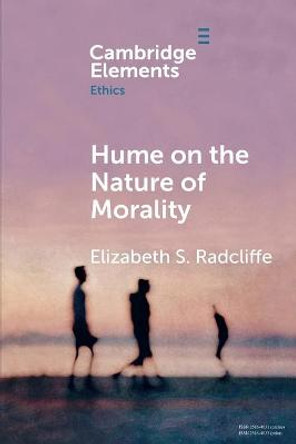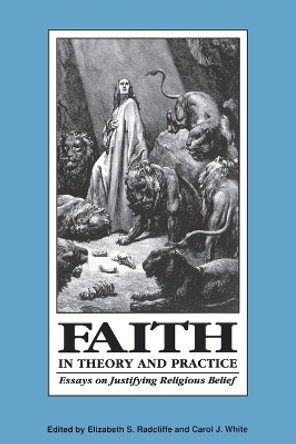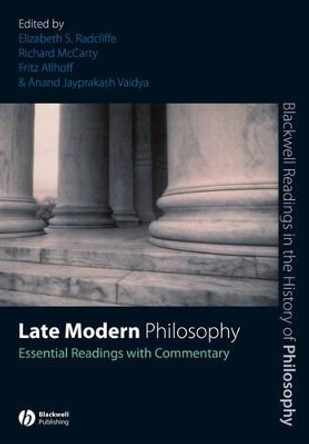Description
About the Author
Elizabeth S. Radcliffe is Professor of Philosophy at the College of William & Mary. Her research interests include Hume, early modern philosophy, theories of the passions, motivational psychology, practical reason, and ethics. She is editor of A Companion to Hume (Blackwell, 2008), co-editor of Late Modern Philosophy: Contemporary Readings with Commentary (Wiley-Blackwell, 2006), and author of many journal articles and book chapters. Radcliffe has served as Hume Society President, co-editor of the journal Hume Studies, Executive Director of the American Philosophical Association, and chair of the Departments of Philosophy at Santa Clara University and at the College of William & Mary.
Reviews
Recommended. * M. G. Spencer, CHOICE *
a detailed, textually sensitive, historically grounded, and exhaustively researched work seeking to prove that the traditional interpretation has decisive textual support and internal coherence. Not all opponents will be persuaded, but the book gives all scholars much to admire and plenty to chew on. . . . Radcliffe examines . . . central interpretive issues from all sides and addresses many dissenting interpretations with care and fairness. There is insight on every page. The rewards of every chapter, for anyone interested in Hume's psychology or metaethics, extend far beyond anything I can address here. * Rachel Cohon, Philosophical Review *
Elizabeth Radcliffe's book is an important and original contribution to scholarship on Hume's ethics and moral psychology. Throughout, she deftly combines important discussions of Hume's predecessors and contemporaries that serve to contextualize his views with in-depth analysis of Hume's texts...she shows an impressive familiarity with more recent scholarship on Hume's and Humean ethics, and deploys much of this recent scholarship to frame her own interpretation of Hume's ethics and moral psychology...sophisticated and nuanced. * Jacqueline Taylor, University of San Francisco, Journal of the History of Philosophy *
Reading Radcliffe's book is an excellent reminder of how far the history of philosophy has matured in the last fifty years. It is also an object lesson in the philosophical value of such study. As with evolution, later does not always mean better, and few moral philosophers or moral psychologists can afford to ignore the riches work such as hers unveils. For scholars of Hume, and of his seventeenth and eighteenth century context, it will be indispensable. * Simon Blackburn, Notre Dame Philosophical Review *
Book Information
ISBN 9780199573295
Author Elizabeth S. Radcliffe
Format Hardback
Page Count 244
Imprint Oxford University Press
Publisher Oxford University Press
Weight(grams) 1g
Dimensions(mm) 242mm * 163mm * 23mm







